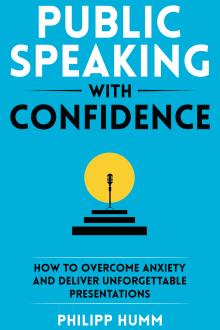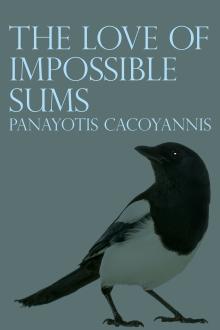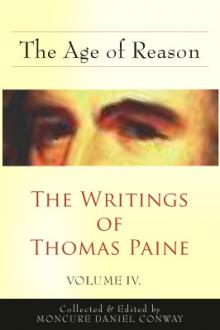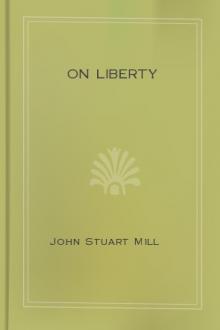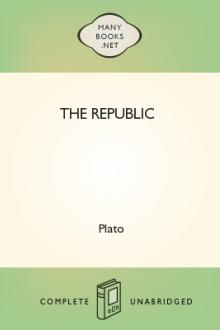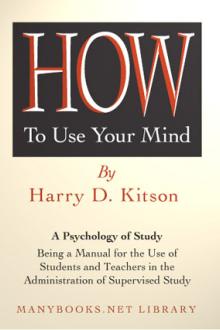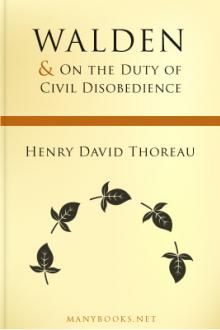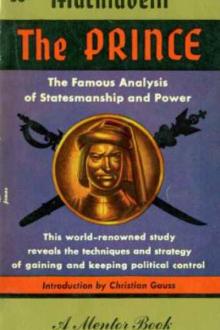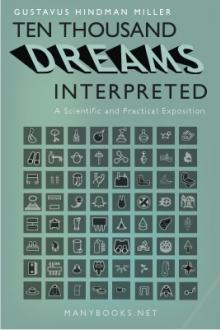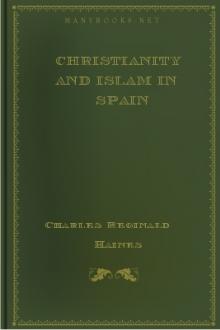A Vindication of England's Policy with Regard to the Opium Trade
A Vindication of England's Policy with Regard to the Opium Trade
About two years ago I had occasion to go thoroughly into the question of the opium-trade between India and China. Up to that time, knowing practically nothing about the matter except what the Anti-Opium Society and their supporters had to say on the subject, I was as zealous an opponent of the traffic as any of them could wish. But as soon as I came to read both sides of the question, and consult original authorities, I felt myself forced, much against my will at first, to abandon my previous opinions. And I may as well say at once that I have no personal interest whatever, direct or indirect, in the maintenance or defence of the traffic. My only wish has been to treat the[Pg iv] question on the broad principles of practical justice, and not in deference to that cosmopolitan patriotism which would have us love our neighbour not indeed as ourselves, but much more than ourselves. The object therefore of this little work is to clear the fair name of England from the foul aspersions cast upon it by a comparatively small body of well-meaning but misguided philanthropists.
Book Excerpt
he ascendancy[10] of the Protective party in China; for there can be no doubt that even in Conservative China there was at this time a reform party, headed by the young and accomplished Empress, who advocated enlarged intercourse with foreign states, and, as a step towards this, a less protective policy in trade, including a legalization of the importation of opium. A memorial was even drawn up and presented to the Emperor by Heu Naetze, Vice-President of the Sacrificial Board, in 1829, advocating the legalization of opium. But even the influence of the Empress could not prevail against the prejudices of the Court, and the memorials of Choo Tsun[11] and Heu Kew, who, like Cleon of old, argued for the dignity of the Empire and the danger of instability in maintaining the laws, carried the day. It is not quite clear what grounds of objection to the traffic were held by the Chinese Government, but the moral ground, now made so much of, was certainly not one. Between 1836 and 1839 several Imperial edicts
FREE EBOOKS AND DEALS
(view all)Popular books in Politics, Non-fiction
Readers reviews
0.0
LoginSign up
Be the first to review this book
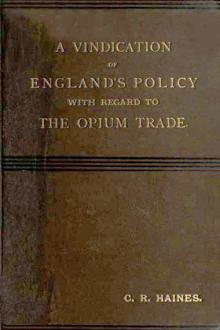
 Free Download
Free Download




